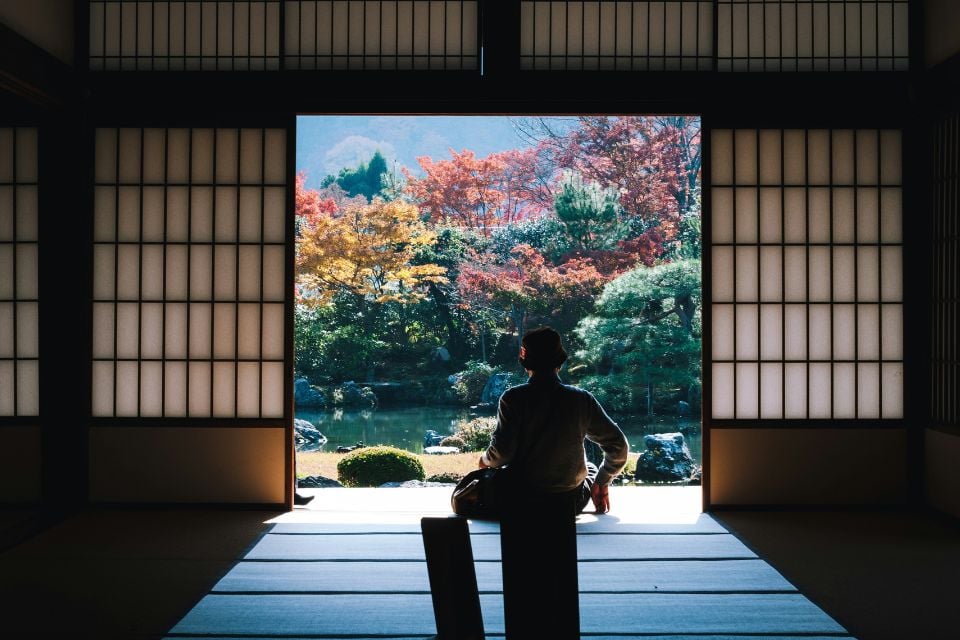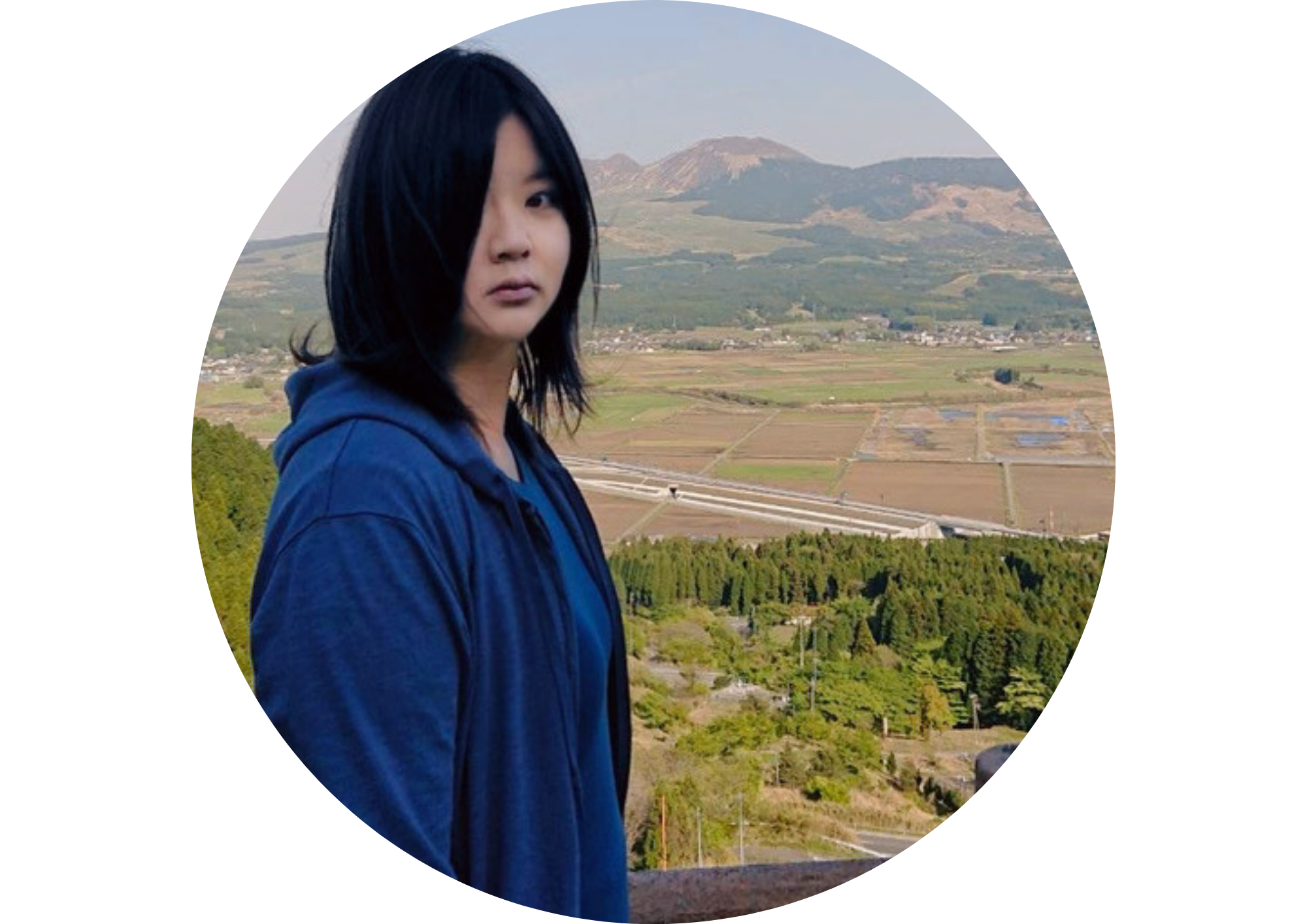
Bushido is one of the Japanese traditions of high spirituality.
Bushido began with the samurai who put themselves in the field of battle, but as time went by, courtesy and manners, rather than strength and tactics, became more prevalent.
This article will explain Bushido.
What is Bushido?

What is Bushido?
It is difficult to give a quick answer when asked “What is Bushido? However, many Japanese people probably have an image of Bushido that is somewhat like this.
この記事では、武士道について解説していきます。
In fact, Bushido is not an old and rigid way of thinking, nor is it a value system exclusive to those who were active in the past, called Samurai.
Bushido is uniquely Japanese.
Bushido is a concept with unique values and ethics formed in the samurai class.
In the days when the samurai status existed, warriors were expected not only to be strong in battle, but also to have a high spirit of pride in following social norms.
The result is a culture of bushido, which goes beyond the ability to fight in war and includes ethics and morality.
武士道の特徴は、義・勇・仁・礼・誠・名誉・忠義などの高い精神性に基づくものです。
This mentality was required not only for strength on the battlefield, but also for behavior in daily life and society.
The Beginning of Bushido
Bushido was formed with the rise of the samurai class in the late Heian and Kamakura periods.
Bushido during the Warring States period was centered on a code of ethics and tactical conduct on the battlefield. Strength and fighting ability were very important during this period.
As time progressed, however, bushido went beyond mere military ethics and established itself as a spiritual code that spread throughout society. Then, in the Edo period (1603-1867), the fierce warfare ended and the need for samurai to fight for their lives virtually disappeared.
Thus, the spirit of bushido became more important and refined among the samurai than their fighting skills. In the age of peace, the emphasis became less on fighting skills and strength and more on the spiritual training and social role of the samurai.
As times changed, bushido served as a spiritual and moral guide, influencing not only the samurai but also the common people.
The Origin of Bushido
It is believed that the term bushido was first used in the Koyo Gunkan, a book published in the early Edo period ( 1603-1868).
This Koyogunkan is an oral history of Kasuga Toratsuna, a vassal of the Takeda family. The Bushido in this book is somewhat different from the Bushido that many people imagine, which is mainly based on high spirituality.
例えば、自分を高く評価してくれる主君に出会うまでは浪人してもいいとされていたり、「卑怯の謗りを受けてでも戦いに勝つことこそが肝要」とされていたり、極めて現実的な内容が多くなっています。
その後、武士道は「弱い者を助ける」「家名を守る」「名誉を重んじる」といったものに変化していき、現代でも知られる精神性の高い独特の文化として発展します。
Difference between Budo and Bushido
武道と武士道は似ているように見えますが、実は違うもので、武道は主に戦闘技術や身体的な鍛錬のこと。
Practical techniques such as swordsmanship, archery, jujutsu, etc., and the way of the martial arts is called Budo. This “way” refers to the mindset, techniques, and history in each of these fields. There are many traditional cultures that are not limited to budo, but are also named “Dao”.
And a samurai is a person who has mastered the martial arts.
Bushido places emphasis not only on combat skills but also on moral conduct and high spirituality, such as righteousness, valor, benevolence, courtesy, sincerity, honor, and loyalty.
Bushido means the code or aspiration of how a samurai should conduct himself in daily life, and how he should live and train himself in society.
Spirit of Bushido

What is the spirit of Bushido?
Bushido was originally a value standard for people of the samurai class, but now it has become the basis of some common sense for the Japanese.
Bushido Ethics and Morality
Bushido ethics and morality are not only based on bravery and strength on the battlefield.
It is a sense of ethics and morality in daily life and social responsibilities.
For example, the samurai had the idea that they would not bring shame to their family name or lord by their actions.
Therefore, he was required to be prudent in word and deed at all times. To maintain honor by disciplining oneself. And you are expected to protect the honor of yourself and your home.
Bushido emphasizes loyalty to one’s lord, and loyalty is highly valued. Samurai were loyal to the lord they served under all circumstances, sometimes risking their lives to obey his commands.
Bushido is to know shame.
It is often said that Japanese culture is a “culture of shame.” In Bushido, “shame” means to always be mindful not to act in a way that would cause shame to oneself.
This leads to a high regard for honor.
この「恥を知る」という独特の精神は、礼儀やマナー、他者に対しての礼節の根幹を成すものとなります。そのため、武士は時に、自らの名誉を守るために命をかけることもあったわけです。
Of course, risking one’s life is not encouraged in this day and age, but I suspect that many people act with the mindset that they themselves should not do anything embarrassing.
Taking care of one’s parents is also bushido.
Bushido also emphasizes the importance of family. In particular, filial piety to one’s parents is one of the most important values of Bushido.
Gratitude for parents and ancestors was emphasized, as was the preservation of family and family honor. Loyalty and gratitude to parents is also the foundation for doing one’s part.
Respect for parents and adherence to their teachings means that the samurai is a spirit that is socially and morally valued.
Also, the idea of family honor may be a fading sensation today. However, the spirit of cherishing parents and family is still passed down to many Japanese.
spirit of helping the weak
Bushido also includes the spirit of the strong helping the weak.
武士は武装しており戦う力を持っていました。ですが、その力は決して私利私欲のために乱用してはならず、弱者や主君を守るために使うことが求められました。
The spirit of “helping the weak” remains strong in Japanese society even today.
The spirit of mutual aid in times of turmoil and disaster is still passed down among the Japanese people.
Bushido” by Inazo Nitobe

「武士道」と言えば新渡戸稲造と答える方もいらっしゃるでしょう。
Inazo Nitobe was a Japanese educator, thinker, and deputy secretary general of the League of Nations, and his portrait was once used on the 5,000 yen bill.
Inazo Nitobe’s masterpiece is Bushido.
Bushido was written in English.
Inazo Nitobe, known as the man behind the 5,000 yen bill, wrote Bushido: The Soul of Japan.
武士道は、実は英語で書かれた書物なのです。
Inazo Nitobe was a fluent English speaker. Bushido was written in very fluent English and published in 1900.
This book is about conveying the spirit of Bushido, but not to the Japanese, but to Westerners, explaining the unique Japanese culture of Bushido.
武士道の中で新渡戸稲造は、武士道は7つの「徳」で解説しています。
- righteousness
- benevolence (esp. as a virtue of Confucianism)
- bravery
- thanking
- sincerity
- honor
- devotion
And Bushido compares these seven virtues to Christianity. In Bushido, Inazo Nitobe said
「個人は国家の為、もしくはその正当な権威を掌握するもののために生き、また死なねばならなかった」と書いており、日清戦争・日露戦争という当時の時代背景の影響があったものと思われます。
Bushido is also “Bushido” in English

Bushido is a Japanese culture that is well known overseas, but the English translation of Bushido is “Bushido” as it is.
The English-Japanese dictionary also explains Bushido as “traditional Japanese manners.
Can you communicate this to a foreigner?
It must be difficult to convey Bushido, a spirituality that is difficult even for Japanese to understand, to a foreigner.
However, Bushido is also widely known in other countries. Bushido, a uniquely Japanese culture, is also a universal way to be a proper human being, and its values are shared by many people. Bushido is a culture that is difficult to explain in a few words, but it is not impossible to convey it to people in other countries.
Samurai and Bushido
Bushido is closely associated with the Samurai (Samurai ).
Samurai and samurai may sound similar, but they are actually slightly different. A samurai is a person who goes into battle with a sword or other weapon. And a samurai is a warrior who serves a noble.
よく時代劇などで「お侍様」といいますが、サムライは武士の中でも地位が高い人のことです。
The words “samurai” and “samurai” are widely used in foreign countries, and the heroic figure holding a sword, his bravery, and his loyalty and respect for honor in bushido are also emphasized in movies and other media.
Bushido was the courage, loyalty, and civility demonstrated by the samurai of the time, and it was also a model for society. For this reason, bushido and samurai are inseparable.
In foreign countries, samurai and bushido are often spoken of as a set, and this is one of the reasons why bushido has been passed on to the rest of the world.
Even today, there are lessons to be learned from Bushido.

Bushido is by no means an old and rigid way of thinking.
Of course, there are some aspects that do not fit in today’s society, but there are also many aspects that are universal human norms.
The Virtues of Bushido
The seven virt ues of Bushido (righteousness, valor, humanity, courtesy, sincerity, honor, and loyalty) are also discussed in Inazo Nitobe’s Bushido.
| righteousness | Always be right and fair. Make decisions based on what is in the best interest of society and what is the right thing to do, and act accordingly, rather than on personal gain. |
| courage | Have the courage necessary for the right purpose and do not be afraid. |
| Jin (dynasty of China, 265-420 CE) | Treating others with compassion and caring. Kindness and consideration for the weak. Being kind as well as strong. |
| thanking | Always be courteous and respectful of others. Courtesy is the maintenance of order, or in modern parlance, manners. The idea is that respect for others is the way to maintain one’s own dignity. |
| sincerity | To be honest and not to lie. And to take responsibility for one’s words and actions. Integrity is the foundation of a samurai’s credibility. |
| Honor | Always be proud and noble, take responsibility for your own actions and uphold your honor. |
| loyalty | Loyalty to one’s lord, family, or organization. For the samurai, loyalty was one of the most important virtues, especially absolute loyalty to the lord. |
Thus, the spirit of bushido is not to lie, to have compassion, and to respect others.
This can be a code of conduct for people in business, education, sports, and many other areas in today’s society.
Bushido and the “Way
In addition to Bushido, there are other arts that have the word “way” attached to them, such as tea ceremony, flower arrangement, and calligraphy.
Although a path is a skill or spirit in a particular field, in Bushido the path is more about a way of life and spiritual discipline than about fighting techniques.
It is designed for warriors to refine themselves and train their inner self through their daily life and actions.
This concept of “the Way” has been passed down to the present day as a guideline for mastering something.
A useful “path” for all genders and ages.
The spirit of Bushido is something that anyone can adopt for themselves, regardless of gender, age, or country of upbringing.
武士道が教える価値観や徳目は、自己を律することや、他者を尊重することなどがあり、現代の社会においても役立ちます。また、武士道では名誉を守ることも重要とされており、これは「自分自身を大切にする」という考え方にも繋がります。
Courtesy and integrity are things a person should possess, and courage to face difficulties in business or sports is admired even today.
It is also proper for a person to be considerate and respectful of others and not to lie.
Thus, the “Way” in Bushido enhances our self, no matter what position we find ourselves in.
summary

武士道は、日本独自の倫理観や精神的な価値観です。
主に、江戸時代の武士の生き方を通じて形成された文化です。
The spirit of Bushido is rooted in the seven virtues of righteousness, valor, benevolence, propriety, sincerity, honor, and loyalty, and as a code of conduct it has influenced all of Japanese society.
Through the writings of Inazo Nitobe, the spirit of Bushido became widely known abroad.
Even today, there is much to learn from Bushido, and its virtues and spirit can serve as a guide for improving oneself, cooperating with others, and building a better society.
Bushido is more than just a historical value.
It is a useful teaching for us in today’s society and an important value for living in harmony with others.

カメラとピアノが趣味のライターです。某有名バンドの大ファンで遠征がてら観光するのが好き…地方の工芸品や歴史にも興味があります。
自宅ではゴールデンレトリバーとインコ、猫に囲まれてコーヒーを片手に執筆しています。様々な角度から日本の魅力をお伝えします。


